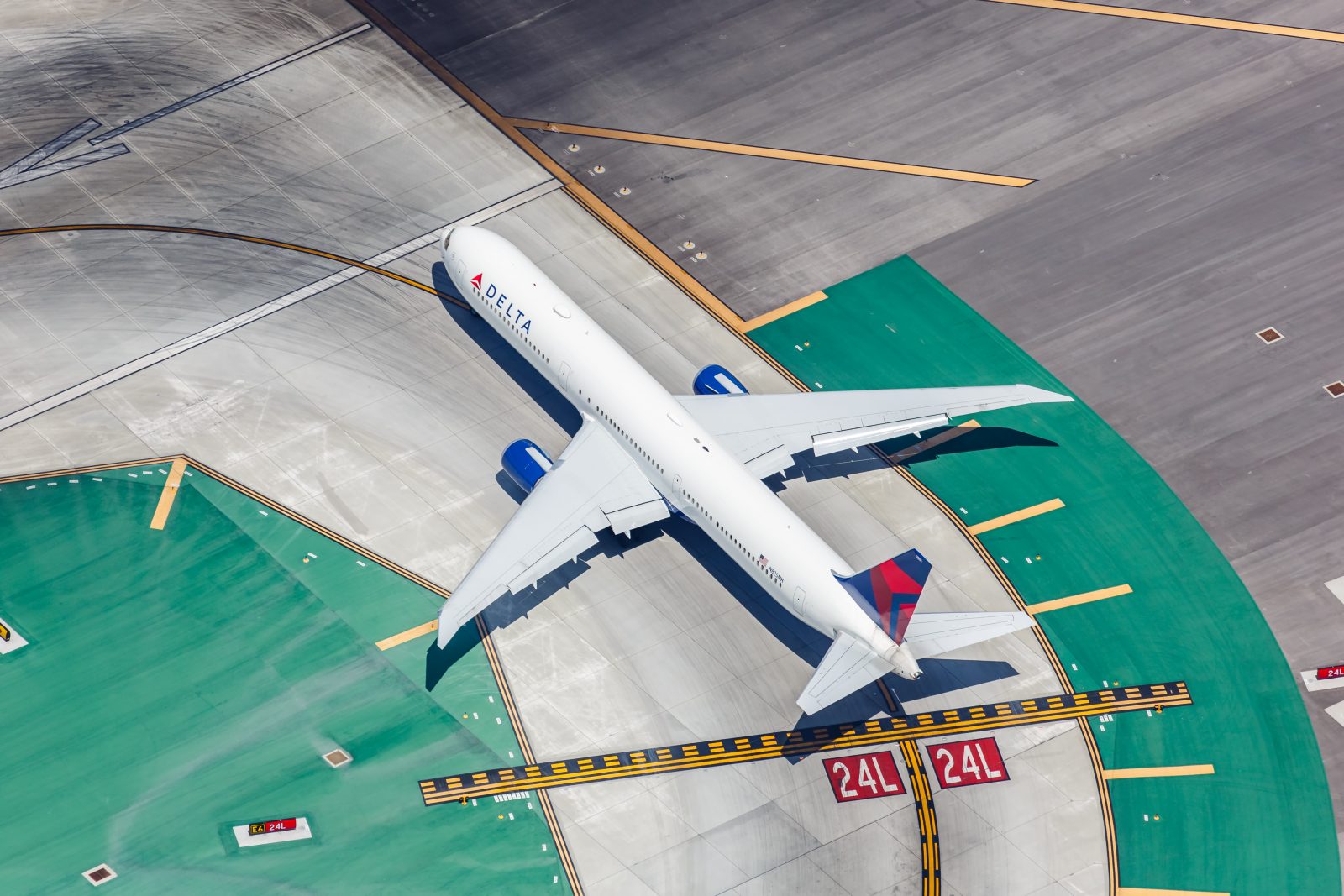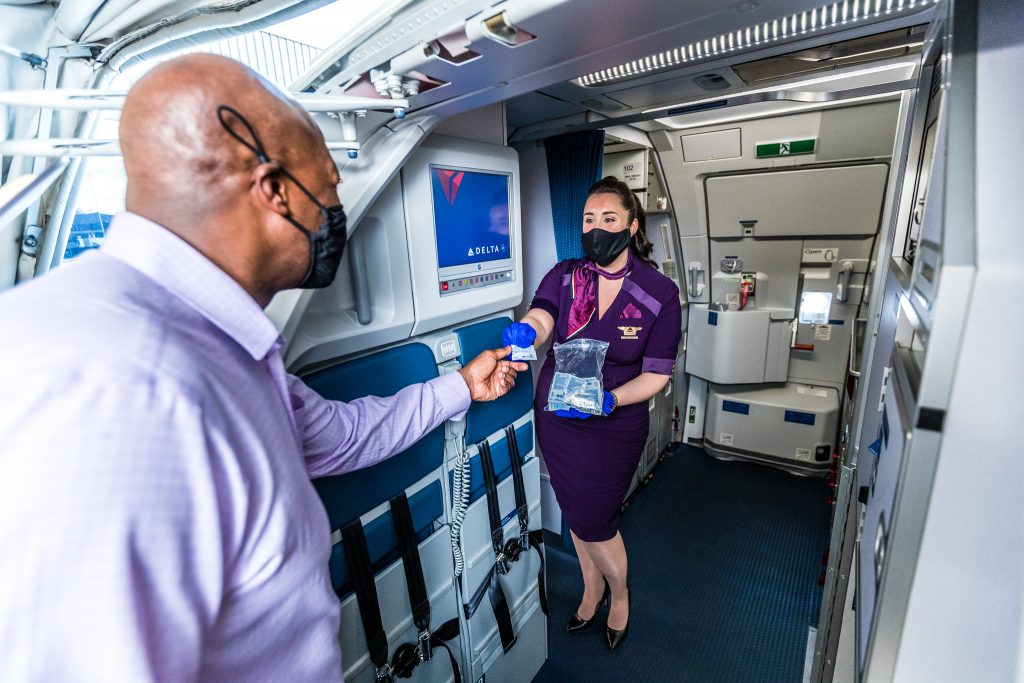
Delta Air Lines revealed on Thursday that it has placed more than 1,600 passengers on its antimasker ‘no-fly list’ since the start of the pandemic and the airline would like to share the names of passengers on that list with other carriers.
The Atlanta-based airline has been by far the most aggressive in banning passengers for face mask violations and other unruly behavior but under Delta’s plan, any passenger it has banned would also find themselves barred from flying other U.S.-based carriers.

Apart from a tightly regulated national security ‘no-fly list’ which is mostly made up of suspected terrorists and extremely dangerous felons, the Federal Aviation Administration (FAA) has no centralized list of unruly passengers that can be shared between airlines.
So when Delta bans a passenger for unruly behavior, there’s generally nothing stopping that passenger from simply buying a ticket with another carrier. But if Delta gets its way, a ban from one airline would mean a ban from all airlines.
The idea surfaced after U.S. airlines were put on notice by the FAA to come up with concrete proposals to stem the tide of unruly passenger incidents. The airline industry has been given just one week to present its ideas to the FAA and then a further month to implement the additional measures.
Lawyers acting on behalf of the U.S. airline industry would argue that sharing passenger data for this one limited purpose would not be anti-competitive and with the correct oversight could be implemented fairly.
At present, customers who find themselves on Delta’s no-fly list have no idea when the ban might be lifted – although Delta chief executive Ed Bastian has suggested that face mask violators might be allowed to travel again once the federal face mask mandate is lifted.
Under the proposed system of a centralized no-fly list, passengers may be given fixed-term penalties and will be allowed to appeal their ban to an independent adjudicator.
Delta also revealed on Thursday that the COVID-19 vaccination rate amongst its U.S. workforce had risen to 82 per cent several weeks after the airline added a $200 monthly surcharge to healthcare premiums for unvaccinated employees.
Delta’s Chief Health Officer Dr Henry Ting dismissed an employee vaccine mandate during an interview on CNN, telling host John Berman: “We know how to keep our employees and our customers safe.”
United Airlines, which has pursued a tough vaccine policy, says its employee vaccination had hit 97 per cent amongst non-exempt workers.
Related
Mateusz Maszczynski honed his skills as an international flight attendant at the most prominent airline in the Middle East and has been flying ever since... most recently for a well known European airline. Matt is passionate about the aviation industry and has become an expert in passenger experience and human-centric stories. Always keeping an ear close to the ground, Matt's industry insights, analysis and news coverage is frequently relied upon by some of the biggest names in journalism.








This is what happened with Australian Airlines in the past and was abandoned decades ago for some reason. If a person was refused travel on 1 domestic carrier they were also banned on all Domestic carriers in Australia via a shared database and reservations system. It can easily be done especially with todays technology. Good on Delta ! Well done leading the way.